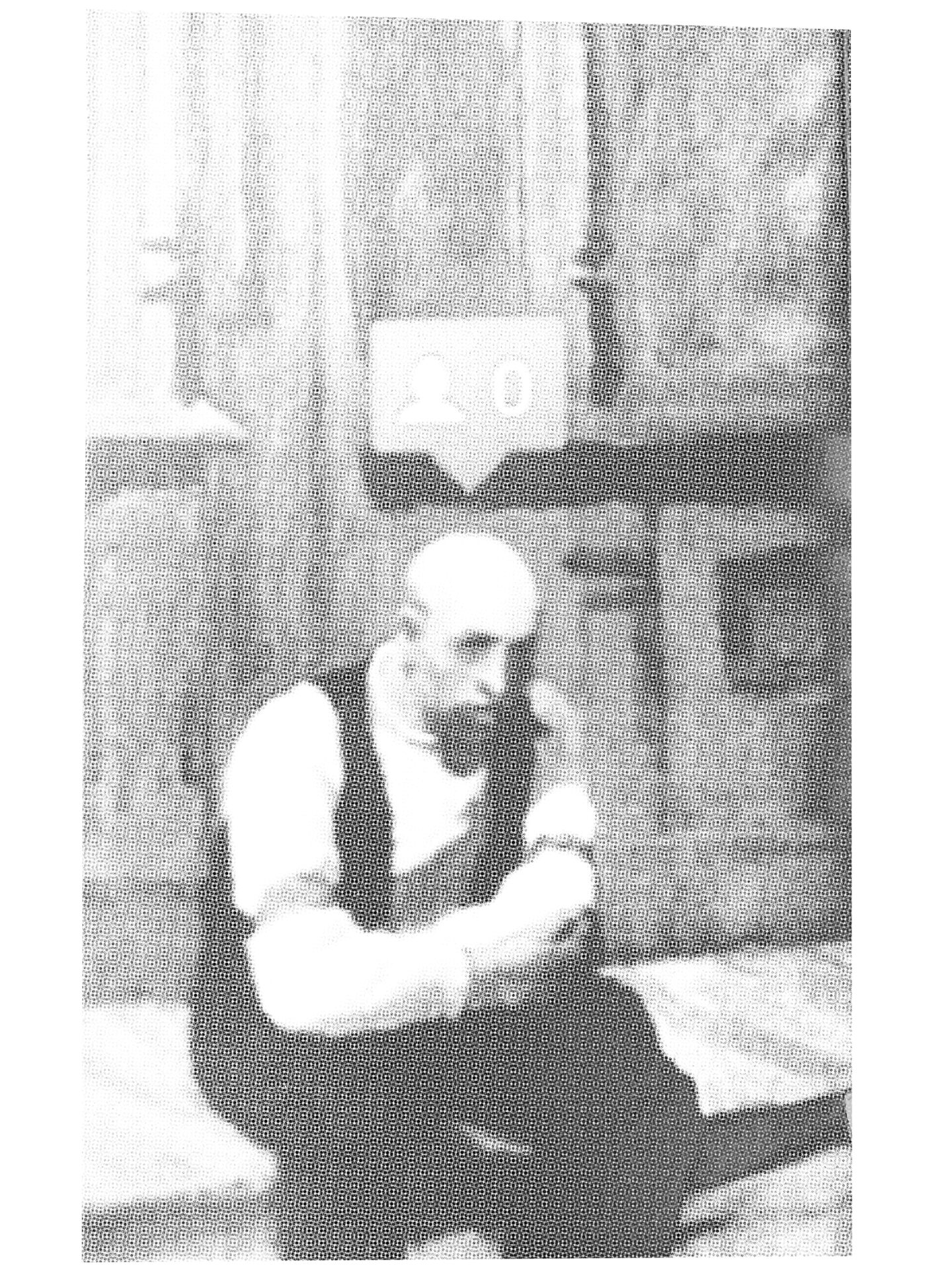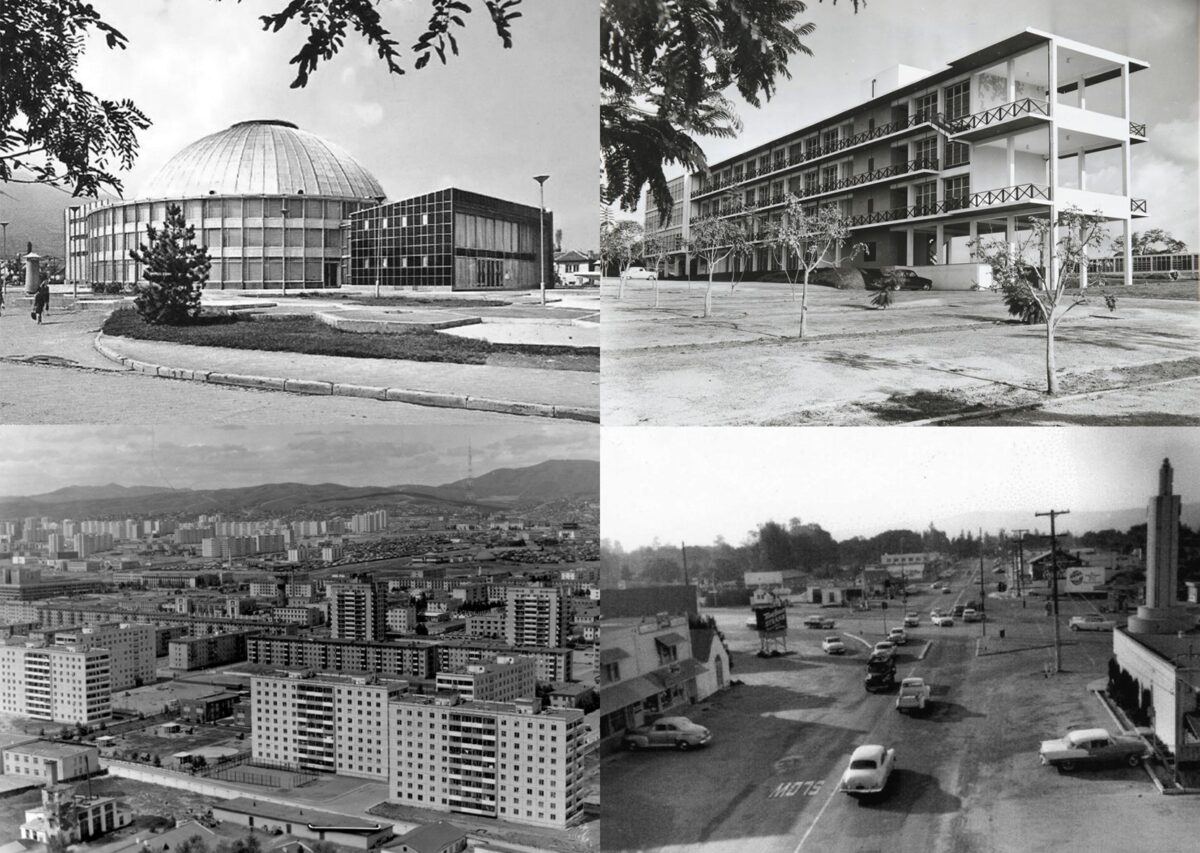Loneliness in the Social Media Age | Open lecture & masterclasses by Geert Lovink, Holland
Open lecture:
09.05.2024, 18:30
UAP Atrium build. B (20, 23 Lutego Str.)
Over the years, Geert Lovink has mapped out a range of mental states caused by social media platforms, from sadness and melancholia to depression, silliness, boredom, exhaustion, up to the Zoom fatigue during Covid. In this lecture, he will give an overview of the extractive (data) strategies and focus on one particular state: loneliness. There is an inflation of worn-out terms, a linguistic implosion of meaning like the word ‘social’ in ‘social media’. As Sherry Turkle already noted in 2011, we are all alone together. This seems to be our techno-destiny. Inside the lonely crowd, we are socially isolated, furiously scrolling for updates, swiping videos, liking and messaging- waiting for a response.
Masterclasses with Geert Lovink (and individual consultation):
- 9.05.2024, 9:00–14:45
- 9.05.2024 15:00–17:00
- 10.05.2024 9:00–17:00 – individual consultations
UAP build. B room 101 (28 Marcinkowskiego Ave.)
Explore three masterclasses on: ‘State of the Arts in Platform Theory’, ‘Performative Subjectivity & Online Self’, and ‘Principles of Investigative Aesthetics’. Classes are conducted in English and require reading three short texts. To join the masterclasses and receive a 30-minute individual consultation with Geert Lovink, please contact [email protected] by 1 May 2024.
Space is limited to 20 participants and is open to both students and graduates.
State of the Arts in Platform Theory
In this class, we will look at the origins of the Platform concept, and discuss the emergence of the phenomena (using the example of Japan). Also, we will discuss the difference between stack and platforms.
Required reading: Stuck on the Platform, in: Geert Lovink, Stuck on the Platform, Valiz, Amsterdam, 2022, p. 95–112.
Performative Subjectivity & Online Self
In the profile-drive platform environment, the constant reproduction of the online Self is an absolute requirement. What are the aesthetics and politics of the online Self? How can we describe the framing and self-representation of the selfie? And, are there still ways to mask the online Self?
Required reading: Donatella Della Ratta, Geert Lovink, Teresa Numerico, Peter Sarram (eds.), The Aesthetics and Politics of the Online Self, Palgrave, Cham, 2021, Introduction, p. 1–17.
Principles of Investigative Aesthetics
Based on the investigations of Forensic Architecture, Bellingcat, and the work of artists such Femke Herregrave, we will look at Disruption Network, CitizenLab, WikiLeaks, Metahaven, etc. We will discuss the book by Fuller and Weizman, Investigative Aesthetics.
Required reading: Matthew Fuller & Eyal Weizman, Investigative Aesthetics, Verso, London, 2021, Introduction, p. 9–33.
BIO
https://networkcultures.org/geert/biography/
Geert Lovink is a Dutch media theorist, internet critic and author of Uncanny
Networks (2002), Dark Fiber (2002), My First Recession (2003), Zero Comments (2007), Networks Without a Cause (2012), Social Media Abyss (2016), Organisation after Social Media (with Ned Rossiter, 2018), Sad by Design (2019) and Stuck on the Platform (2022). Almost all these books have been translated into German, Italian and Spanish. In 2019 an anthology of his work appeared in Russian with other translations in Turkish and Chinese.
Geert Lovink got his BA and MA in Social and Political Sciences from the University of Amsterdam in 1984 and did his PhD at the English Department, Media & Communication Program at the University of Melbourne (2002). He was a postdoc at the Univerisity of Queensland in 2003. In 2004 he was appointed research professor (lector) at the Amsterdam University of Applied Science (HvA) where he founded the Institute of Network Cultures. From 2007–2017 he was Professor of Media Theory at the European Graduate School where he supervised five PhD theses. From 2004–2012 he was an associate professor in the digital cultures program of Media Studies at the University of Amsterdam where he supervised numerous MA theses.
His centre organizes conferences, publications and research networks such as Video Vortex (online video), The Future of Art Criticism and MoneyLab (internet-based revenue models in the arts). Recent projects deal with digital publishing experiments, critical meme research, participatory hybrid events and precarity in the arts.
In December 2021 he was appointed Professor of Art and Network Cultures at the UvA Art History Department. The Chair (one day a week) is supported by the HvA.
https://networkcultures.org/about/
The Institute of Network Cultures (INC) analyzes and shapes the terrain of network cultures through events, publications, and online dialogue. Our projects evolve around urgent publishing, alternative revenue models, critical design and making, digital counter culture and much more. The INC was founded in 2004 by Geert Lovink, following his appointment at the Amsterdam University of Applied Sciences (HvA). A key focus is the establishment of sustainable research networks. Emerging critical topics are identified and shaped in a practical sense. Interdisciplinary in character, the INC brings together researchers, artists, activists, programmers, designers, and students and teachers.
Research
The field of network cultures revolves around the interaction between new forms of media, and the users of such new forms. With a strong focus on the transdisciplinary nature of new media and its DIY and open-source components, the INC gives equal attention to the artistic, political and technical aspects of the internet and other emergent media. As such, the INC’s area of research extends to design, activism, art, philosophy, political theory, and urban studies and is not confined to the internet alone. Indeed, the INC maintains that the internet can only be understood at the conjuncture of these various fields and lines of inquiry. ‘Network cultures’ is seen as a strategic instrument to diagnose political and aesthetic developments in user-driven communication. Network cultures rapidly assemble, and can just as quickly disappear, creating a sense of spontaneity, transience, even uncertainty. Yet these forms are here to stay. However self-evident it is, collaboration is a foundation of network cultures.
The aim of the INC is to create sustainable research networks around emerging topics in which a critical contribution can be made. The formation of a small group of international people, both inside and outside of the academy, may result in a larger online discussion. Together with the researchers and a group of students, interns and volunteers, an event is organized to gather key questions and thinkers. Many of these events, such as a conference, seminar or workshop, culminate in a publication. Formats of publication may include a printed reader, a book, video interviews, wikis, blogs and special online magazine issues, along with conference documentation (photos, video files and podcasts). The publication functions as an important vehicle for the sustainability of the research network.







